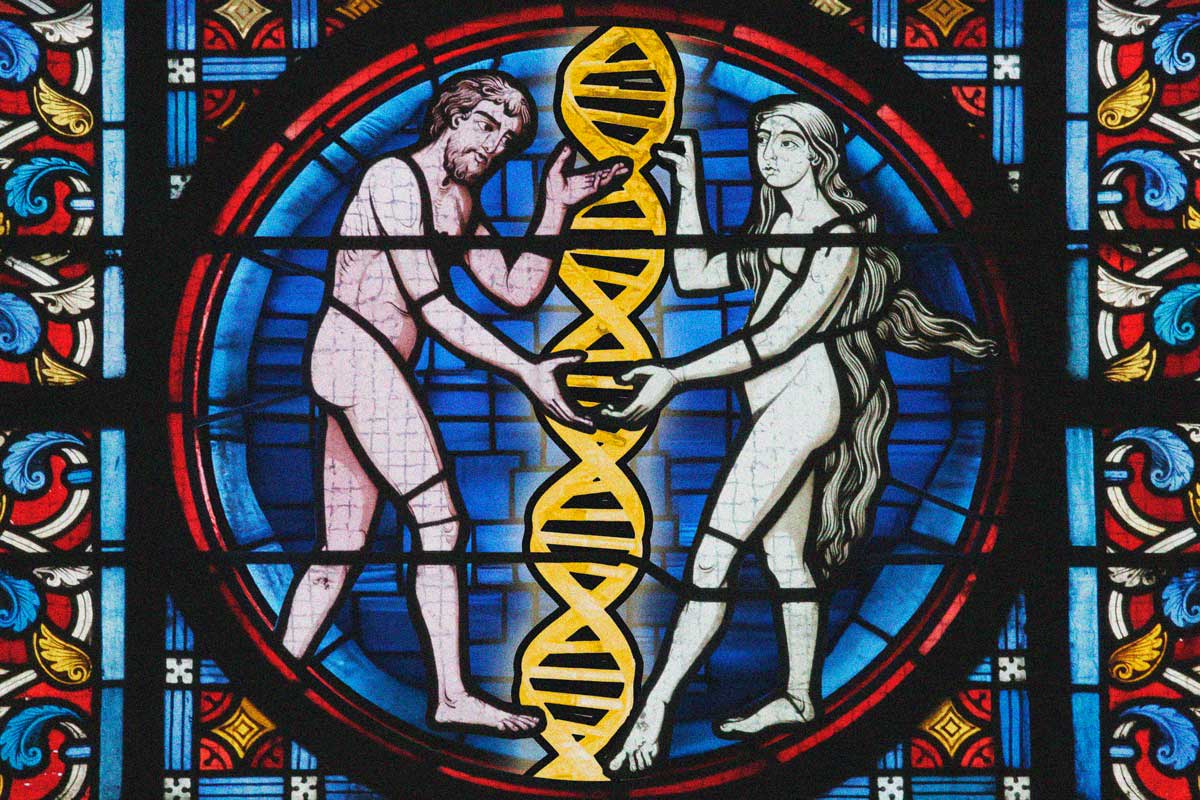Chinese scientists insert human brain gene into monkeys
Scientists in China may have created a new kind of monkey — and with it, a big ethical dilemma. Researchers inserted a human brain gene into monkeys, in an experiment with the potential to cross the wires of human and animal intelligence.
A study published last month in Beijing's National Science Review journal describes the experiment, which is billed as the "first attempt to experimentally interrogate the genetic basis of human brain origin using a transgenic monkey model, and it values the use of nonhuman primates in understanding human unique traits."
The researchers inserted copies of the human MCPH1 gene, which is crucial for brain development, into 11 monkey embryos through a virus that carried the gene. Six of the monkeys died. The other five, though, showed apparent strides in their cognitive functions.
According to the study, those five monkeys did not show much difference in their general behavior or the size of their brains. But they went through brain scans and memory tests that showed improvements in their short-term memory, reaction times and brain development.
The study says the monkeys have "potential to provide important—and potentially unique—insights into basic questions of what actually makes human unique, as well as into disorders and clinically relevant phenotypes, such as neurodegenerative and social behavior disorders that are difficult to study by other means."
But the study also set off a debate about genetically modifying animals, and whether experiments like this could lead to even more extreme modifications. It also raised questions about what would happen to animals who have human-like intelligence, since they are not equipped to survive that way.
"The use of transgenic monkeys to study human genes linked to brain evolution is a very risky road to take," James Sikela, a geneticist who has conducted similar studies with primates at the University of Colorado, told the MIT Technology Review. "It is a classic slippery slope issue and one that we can expect to recur as this type of research is pursued."
The geneticist who led the study said he is already working on bigger experiments on human and animal intelligence. Bing Su, a geneticist at the Kunming Institute of Zoology, told MIT Technology Review he has been adding a DNA variant called SRGAP2C, which is a crucial link in the emergence of human intelligence, to monkeys. He said the results of those studies have yet to come.



